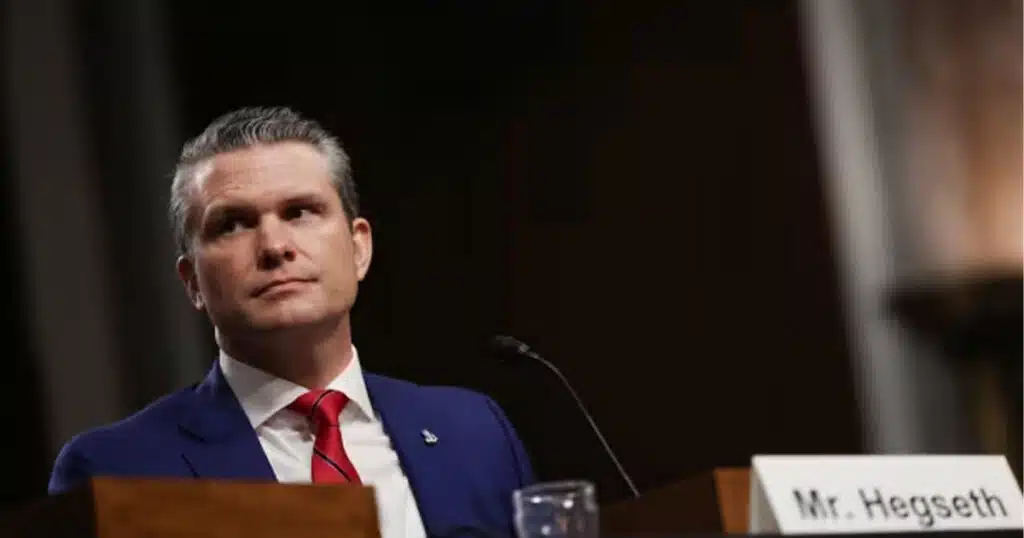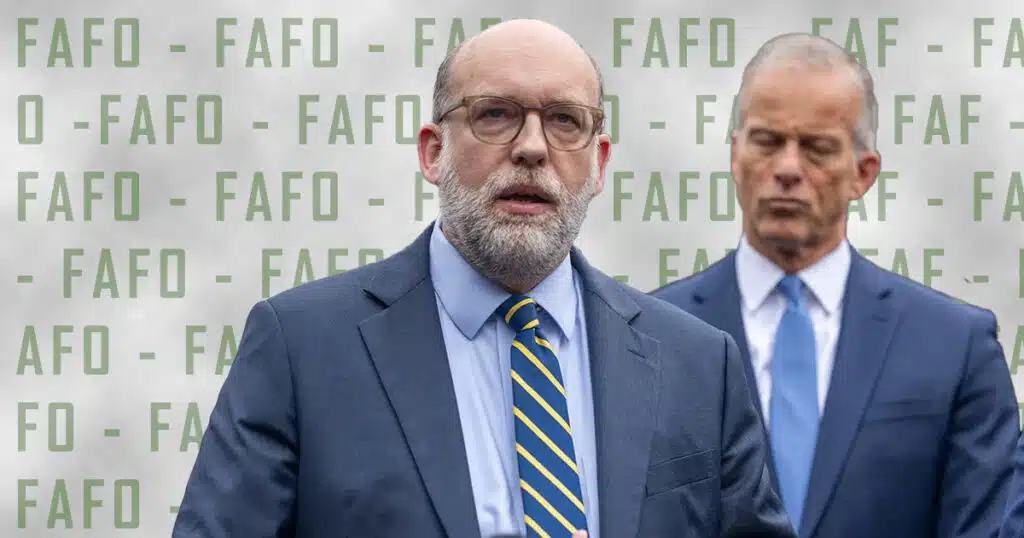
Defense and National Security Spending Potential Source of DOGE Savings
Elon Musk may have departed the Department of Government Efficiency, or DOGE, weeks ago, but the Tesla and SpaceX innovator’s radical government reform initiative still has much work to do to achieve its laudable and long overdue cost-cutting mission to create $2 trillion in savings for the American people.
Government bureaucracies, many full of redundancy, some entirely unnecessary, have been dismantled to truly end the era of Big Government for good. However, despite early progress, the defense and national security arenas remain huge sources of potential savings – opportunities still largely unexplored. In particular, the black boxes that are the budgets of the U.S. intelligence agencies have, from an outsider’s perspective, faced only modest personnel reduction targets while billions in contract dollars remain unexamined.
The Central Intelligence Agency, Federal Bureau of Investigation, National Security Agency, and the Defense Intelligence Agency, just to name a few, have for years expanded beyond their core missions, adopting social and organizational initiatives that take their eyes off the ball of keeping America safer with the best people and information in the world.
To be sure, there have been early successes.
In May, Department of Defense Secretary Pete Hegseth authorized the review of nearly all unclassified proposals before contracts are awarded, taking a critical first step in ordering the termination of IT contracts with Accenture, Booz Allen Hamilton, and Deloitte worth more than $5.1 billion.
The intelligence community should follow the DoD’s lead and implement a similar framework within its procurement process. Elon Musk himself echoed this need, declaring during his March 2025 visit to the NSA’s Fort Meade headquarters in Maryland that the NSA “needs an overhaul.”
The agency, which focuses on digital and signals intelligence, has demonstrated progress, underscoring an ability to make smart moves, including steps to root out the liberal, deep state agenda.
Earlier this year, NSA whistleblowers blew the lid on “obscene, pornographic, and sexually explicit” chats between their colleagues. Director of National Intelligence Tulsi Gabbard responded with clarity and conviction, announcing that over 100 people “from across the intelligence community that contributed to and participated in what is really just an egregious violation of trust.”
While culture is critical, the dollars and cents of agency contracts are what will get the Trump Administration to DOGE’s $2 trillion goal.
DOGE has proven itself capable of this effort by terminating $900 million in Department of Education contracts, shrinking and folding USAID operations back into the State Department, and implementing leadership changes at FEMA. A similar focus on intelligence community contracts could yield comparable savings while strengthening our core and impressive national security capabilities.
A few of NSA’s recent contracting decisions invite a fresh look from DOGE.
Over $16 billion in major contracts, including one codenamed “WildandStormy,” a controversial $10 billion cloud computing deal with Amazon Web Services (AWS), beg for procurement improvements that could yield significant cost reductions. In July 2021, the NSA awarded the contract to AWS, facing an immediate protest by Microsoft. Despite the Government Accountability Office (GAO) siding with Microsoft and determining that the NSA had shown unreasonable bias toward AWS, the NSA re-awarded the same contract to AWS.
The NSA ignoring oversight in procurement practices doesn’t stop there, with the WildandStormy case just one example of systemic procurement malfeasance. In February of this year, weeks after DOGE’s launch, the NSA, incredulously, booted the successful LucidLobster contract incumbent, Mission Essential Group, for not charging taxpayers enough, even though they have been doing the same work for over a decade. The procurement concerns surrounding LucidLobster goes deeper than the government actively deciding to spend more money when a lower-cost option is available.
Court filings alleged that NSA personnel shared confidential bidding and other non-public information with another bidder over the course of four years, even allowing the aspiring contractor to help craft the scope of work. Despite investigations and findings of misconduct by the NSA Office of Inspector General, the agency marched on.The agency’s challenge to course-correct procurement shortcomings requires just the sort of external intervention that DOGE’s team can provide. The question is, can the leaner, post-Elon team at DOGE continue to make the kind of impact our system needs to get to that $2 trillion savings target? The NSA’s procurement challenges are just one glimpse into a symptom of the broader bureaucratic rot that only external oversight can cure. America deserves nothing less than complete transparency and fiscal responsibility from its intelligence agencies.
Matt Mowers is a former diplomat, senior White House advisor at the U.S. Department of State, and senior official on the 2016 Trump presidential campaign.
This article was originally published by RealClearDefense and made available via RealClearWire.


